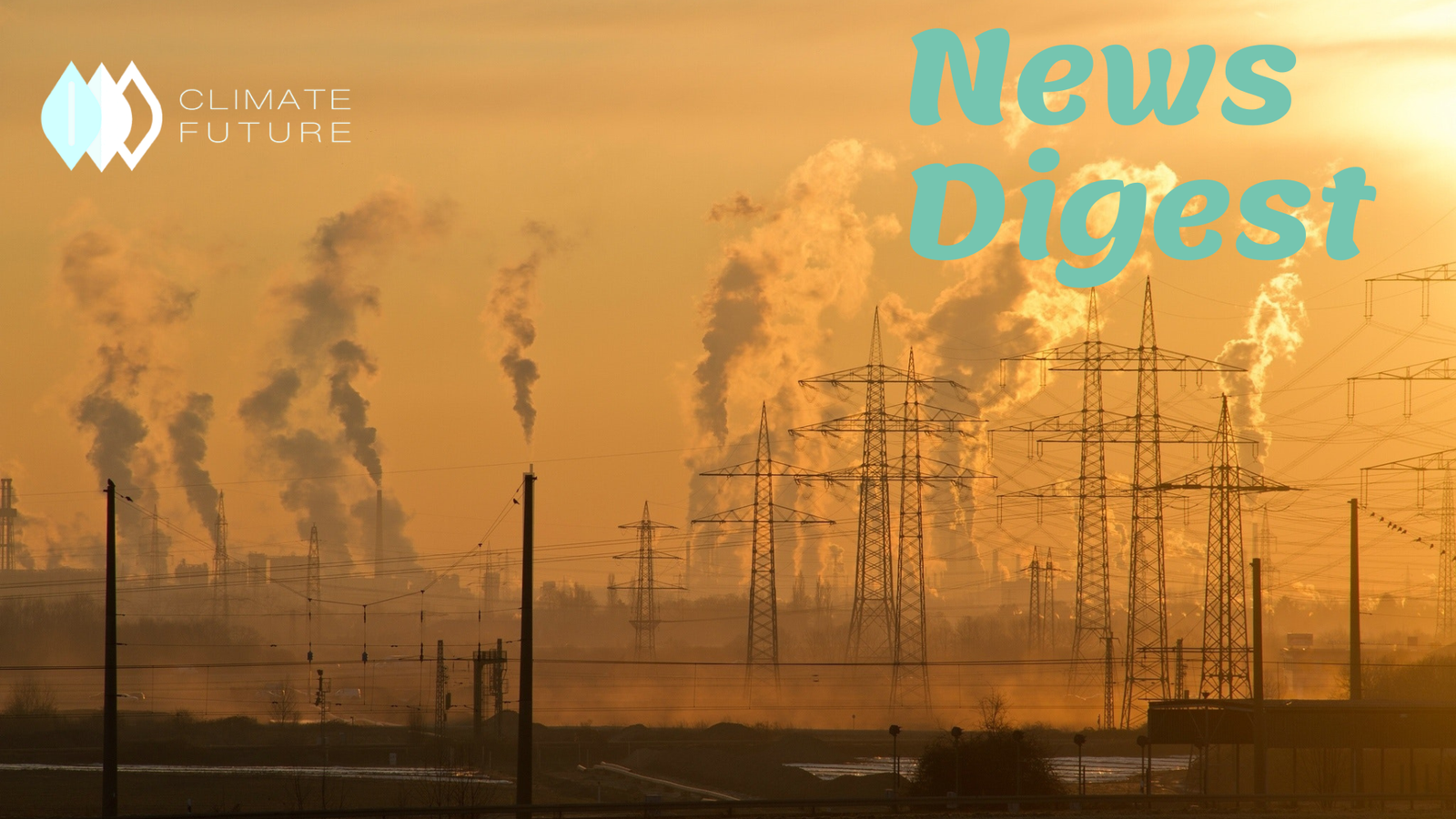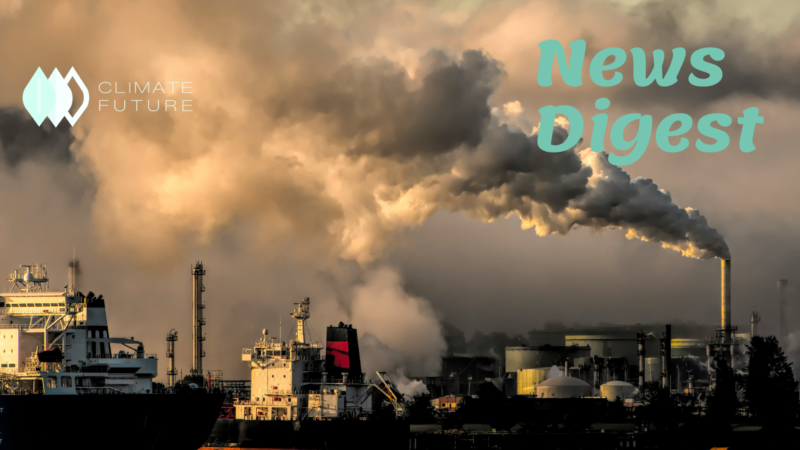Climate change impacts ‘heading into uncharted territory’, warns UN chief
The World Meteorological Organization (WMO) coordinated “Uniting in Science” and the researchers studied several factors related to the climate crisis from global temperature rises, CO2 emissions and climate predictions to “tipping points”, extreme weather impacts, urban climate change and early warning systems. The report said that more ambitious action is needed to avoid the socioeconomic and physical impacts of climate change which are increasingly devastating the planet. It is also mentioned in the report that to achieve the goal of the Paris Agreement, which is keeping global temperature rises to 1.5 degrees Celsius above pre-industrial levels, greenhouse gas emission reduction had to be seven times higher than now. If the world reaches a climate “tipping point”, there will be irreversible changes to the climate system. On World Meteorological Day, the initiative for the early warning system is ensured to reach everyone. It has to be recognized as a flexible, proven and effective climate adaptation measure which saves lives and gives a return on investment.
From the Field: Black pigs, green tea and pink orchids preserving China’s natural resources
China is rich in a range of natural resources. It is home to 14% of all known fauna and 10% of all known plant species. The UN collaborated with Chinese authorities to ensure the benefits from these resources are used in a fair and equitable way. The Access and Benefit-Sharing project (ABS) is designed to preserve biodiversity and prevent the loss of biodiversity and traditional knowledge in Yunnan, Hunan and Guangxi provinces. It is aimed to address the biodiversity issue and work to shape an institutional and legal framework for the implementation of the ABS system. Remote and less-developed regions rich in natural resources and long traditions of agriculture are expected to benefit from the project with the upcoming opportunities for development. The United Nations Development Program (UNDP), the Ministry of Finance and the Ministry of Ecology and Environment jointly implemented and developed the ABS project in China to share the benefits from the biogenetic resources and the associated traditional knowledge in a fair and equitable manner. The system also serves to prevent the loss of traditional and biodiversity knowledge.
WMO: Climate change in Africa can destabilize ‘countries and entire regions’
The State of the Climate in Africa 2021 highlighted that rainfall patterns are disrupted, key lakes are shrinking and glaciers are disappearing. In addition, rising water demand, together with unpredictable and limited supplies threaten to aggravate displacement and conflict. Extreme weather and climate change are threatening food and water security, human health safety and socio-economic development. Although Africa accounts for approximately 2-3% of global greenhouse gas emissions, it suffers largely from it. The State of the Climate discloses that high water stress is expected to displace up to 700 million individuals and affect about 250 million people on the continent by 2030. Four out of five African countries are not likely to have sustainably managed water resources by 2030. In the meantime, only 40% of the African population has access to an early warning system to prepare for the impacts of extreme weather and climate change. WMO is spearheading a campaign with the request of the UN Secretary General to make sure universal access to early warning systems in the coming five years. More than 40 African States have modified their national climate plans to add greater commitments to climate mitigation and adaptation. The State of the Climate report produces a number of recommendations, including to increase transboundary cooperation, strengthen early warning systems, data exchange and knowledge sharing.
Pollution and climate change upsurge the risk of ‘climate penalty’
The annual WMO Air Quality and Climate Bulletin warned that the interaction between climate change and pollution would lead to a “climate penalty” for hundreds of millions of people. It refers to the increase in climate change as it impacts the air people breathe. Apart from reporting on the state of air quality and close linkages with climate change, the Bulletin explores a row of possible air quality outcomes under low and high greenhouse gas emission scenarios. Asia, home to around one-quarter of the world’s population is the most impacted region with the strongest projected climate penalty. Climate change can lead to ozone pollution which in turn causes detrimental health impacts for hundreds of millions of people. Since air quality and climate are interconnected, change in one causes changes in the other. The Intergovernmental Panel on Climate Change (IPCC) Sixth Assessment Report describes the evolution of air quality as temperatures increase throughout this century. The IPCC suggests a low-carbon emission scenario to create a small, short-term warming prior to temperature decreases. WMO stations around the world are aimed to monitor the response of ecosystem health and air quality to reduce future emissions. That can quantify the efficiency of the policies designed to improve air quality and limit climate change.



